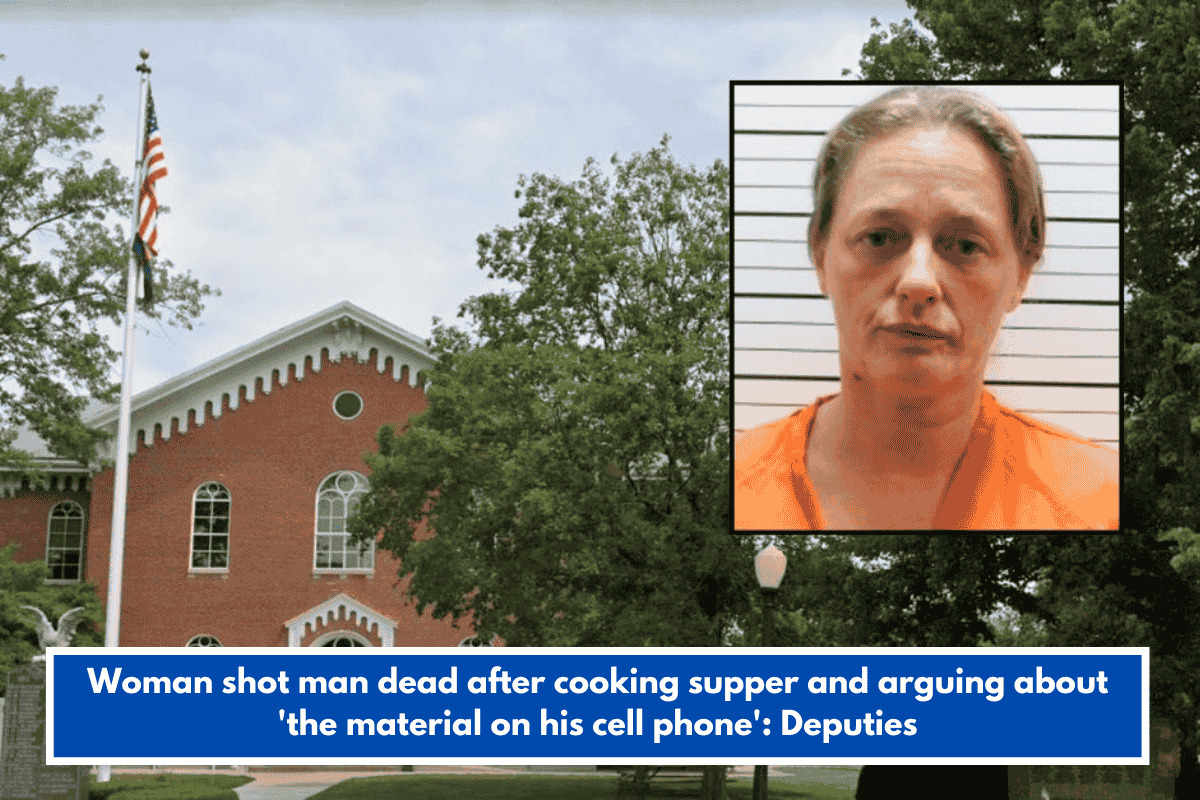Columbia, South Carolina — A South Carolina man who had been on death row for 42 years died of natural causes at a prison hospital, according to the state Department of Corrections.
Fred Singleton, 81, was sentenced to death in 1983 after raping and strangling a lady in Newberry County and stealing her jewels, according to court documents. He was the state’s longest-serving convict on execution row.
Singleton spent his final three decades in jail in legal limbo after the Texas Supreme Court declared he was incompetent to be executed because he didn’t realize he may die in the electric chair and only answered questions from his attorneys with “yes” or “no.”
However, the judges determined in 1993 that Singleton’s death sentence should stand if developments in psychology allowed him to rehabilitate, and that he could not be forced to take medication to enhance his mental state only for the purpose of execution.
Prosecutors claim Singleton broke into the home of 73-year-old widow Elizabeth Lominick in 1982. Two of her sisters and her niece discovered her body. She had been strangled using a bedsheet. Singleton’s fingerprints were detected on the screen of a bathroom window.
When Singleton was captured in Georgetown County, he had Lominick’s diamond and gold rings in his pockets, and her automobile, which included Singleton’s fingerprints, was discovered nearby, according to authorities.
Singleton’s death has left 24 men on South Carolina’s execution row. As of the end of 2014, the state has 48 convicts on execution row.
South Carolina has killed six inmates since then, all in 2024 or 2025. The others who have been released from death row have either had their convictions reversed and resentenced, or they died naturally.
Jamie Wilson, 56, is the longest-serving inmate currently on death row, having been there for 34 years.
Wilson killed two 8-year-old girls and injured numerous other instructors and kids during a 1988 shooting at a Greenwood County elementary school.
Wilson is in a similar legal dilemma as Singleton. Wilson was judged mentally ill during his trial. He had a competence hearing in 2011, but the judge allegedly did not rule on his case.














